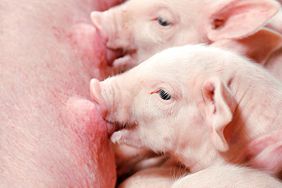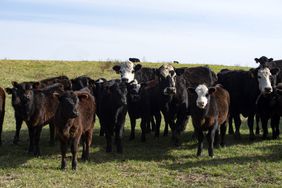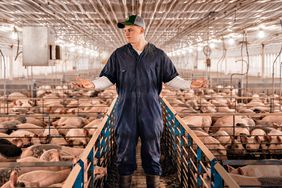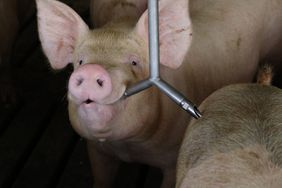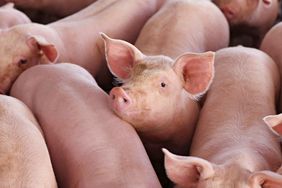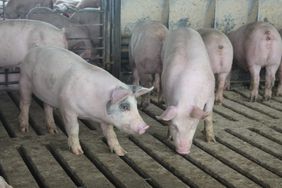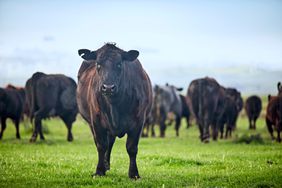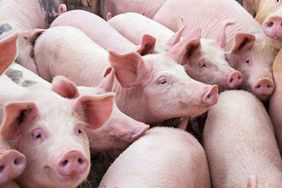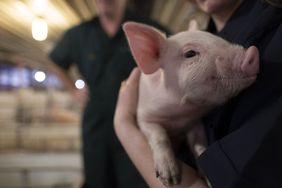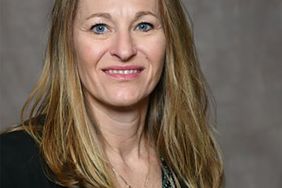:max_bytes(150000):strip_icc()/johnmarquess-146025406-170667a-2-d38191d7c5384cb2830b9cf514ab243a.jpg)
As a progressive, family-owned producer of high-quality pork, Dykhuis Farms wants its barns in southwest Michigan and northern Indiana to report what the animals need.
They're achieving that goal by implementing technology that effectively monitors its more than 40 locations.
:max_bytes(150000):strip_icc()/Joe20Dykhuis-2-1915f6c776fc4305b971ee881531b4a1.jpg)
"Each of our grow-finish sites holds anywhere from 2,000 to 10,000 head," says Joe Dykhuis. "There's about one caretaker for every 8,000 pigs, and a single finishing manager overseeing around 60,000 head at any given point. That can be a lot to manage."
Searching for real-time record keeping capabilities in its finishing system, Dykhuis Farms began deploying Farmera in 2019.
By tracking the critical connection points of inventory, feed, medication, and mortality, the producer can measure and figure out ways to improve and implement solutions, and then remeasure to see if they were successful.
"We believe good management and stewardship requires utilizing information," Dykhuis says. "Rather than waiting for a folder full of papers to come from the finishing barns twice a year, we can capture what's happening in real time electronically to better track animals. So far, we are getting our return on investment simply through reduction in record keeping."
The digital platform can also positively impact a farm's bottom line in other ways.
"Information like cough monitoring, air temperature, and humidity levels will be game changers because we weren't able to track and quantify their impact on production before," Dykhuis says.
:max_bytes(150000):strip_icc()/curious20piglets5B25D-2-864f8201cf9240639ce8ccb30d2c60dc.jpg)
In the past, they only worked with feed costs, death loss, and some cost-of-production information. They now have data points for productivity-impacting things that they can measure against outcomes. "We can then determine their impact and ultimately implement mitigation strategies for optimal performance a higher percentage of the time," he says.
The platform is also a management tool for managers and enables caregivers to connect to a bigger picture of what they're a part of. "We want our finishing staff to be able to make decisions with information," he says. "Farmera is so powerful to someone who's overseeing 50,000 to 70,000 pigs on 20 different sites. You can draw so much information and context around one barn for one caretaker, so they can start to better visualize what's happening."
That visualization leads to transparency, an important criterion for a healthy culture.
"Farmera provides transparency, which illuminates issues quicker," Dykhuis says.
"Because we're no longer dealing with siloed information, it also brings more people into the fold to contribute to the conversation. Farmera gives us a framework everyone can see, allowing you to zoom in and zoom out to gain a narrow or wide perspective. The immediate feedback provides immediate value."
An operation that once felt it was behind in finishing performance from a growth standpoint and late-term death loss is solving more problems than ever, as the barns reveal what they need.
"Our sow farms were mycoplasma positive, and we routinely had PRRS in our system as well. When we utilized Farmera, it became obvious," Dykhuis says. "The live information with health data tightly tied to the production information was a significant contributing factor in us pulling the trigger last year on implementing mycoplasma eliminations in our sow farms. We're seeing tremendous improvement in finishing performance this year due to that.
